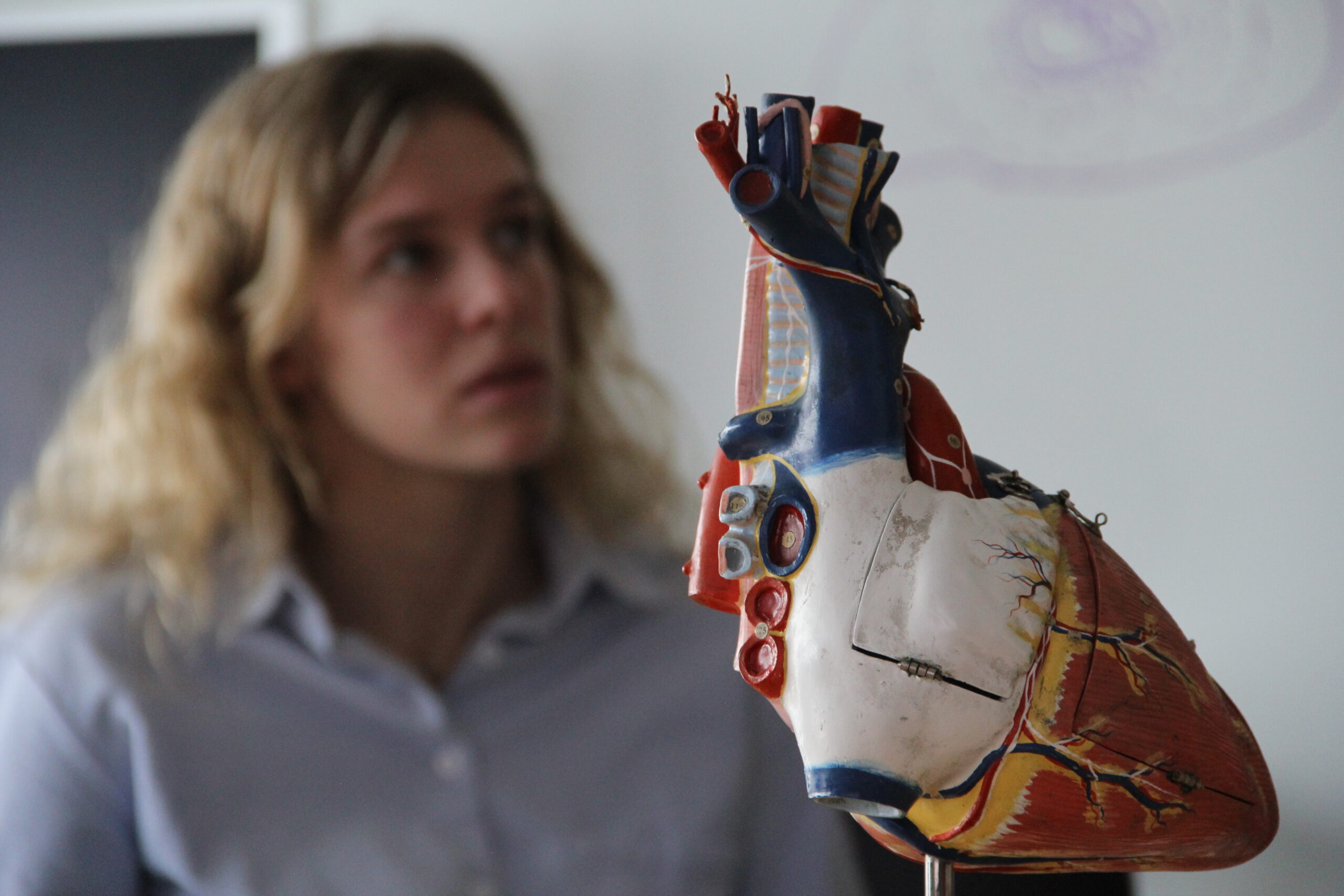How to Get Involved
New trainees in the lab are typically recruited either through the courses we teach or by existing trainees. We review new trainee applications through this Survey roughly 1-3 times a semester. We expand the pool of trainees as we pursue new projects and as existing students graduate and leave the lab. When reviewing the Trainee Applications, we look for students who meet any of the following criteria: 1) have aligned project interests, 2) have necessary background experience, 3) are early enough in their studies to have time to learn the project and work on it for multiple semesters. You don’t have to meet all three of these criteria to be selected to join the lab, but meeting more than one will help your application stand out. Once we’ve identified suitable applicants, we will invite several for an informal rotation project before joining the lab officially.
What to Expect
We encourage all undergraduate students to apply, especially those from diverse backgrounds or who are preparing for graduate/medical school! Students are encouraged to apply prior to starting their junior year. Students generally volunteer for a semester and then apply to the Undergraduate Research Opportunities Program to be paid to continue their research.
We’ve had numerous undergraduate students pursue cardiac research from a variety of different research interests and backgrounds. For example, we’ve worked with students focused on computational, clinical, and experimental approaches. Cardiac research applies engineering and mathematical tools to understand physiological and pathophysiological processes in the field of cardiology. Undergraduate research projects can focus on pathologies like arrhythmias and myocardial ischemia and make use of techniques like animal experiments, medical imaging, signal processing, machine learning, and computer simulations.
Most students in the lab work 10-20 hours a week and receive course credit and financial support for their involvement. As a student in the lab, you will have access to cutting-edge equipment, state-of-the-art research facilities, and dedicated mentorship from Dr. MacLeod and graduate students.
Working in a research lab is a great way to supplement your learning, boost your resume, and explore career options. Previous highly-motivated undergraduate students have achieved co-author abstracts, first-author abstracts, competitive fellowships, competitive research awards, co-author manuscripts, and first-author manuscripts! Undergraduate students who have invested in research have gone on to prestigious medical schools, graduate schools, and industry positions.

